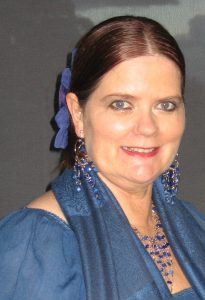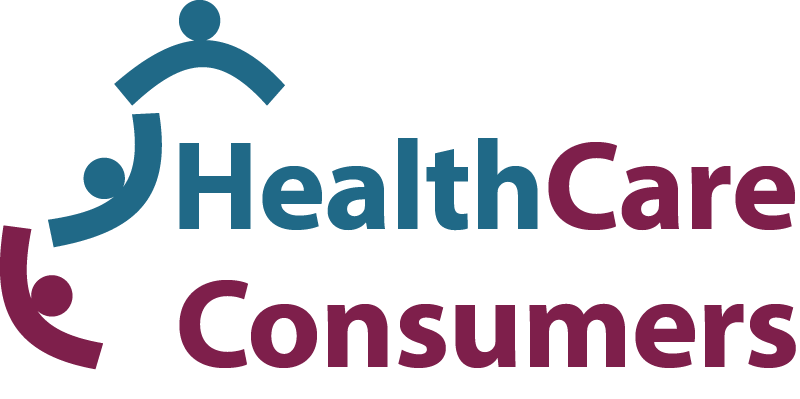Publications
Finding freedom via a support group – part 1: my story by Suzanne Newnham
4 June 2019
 Are support groups necessary? Aren’t they just a stagnant group consisting of a stream of complaints, commiseration, and occasional messages of hope and encouragement? These are two questions that headed a discussion on pain in 2012. My comment then about the wonderful freedom that a support group can offer is still applicable.
Are support groups necessary? Aren’t they just a stagnant group consisting of a stream of complaints, commiseration, and occasional messages of hope and encouragement? These are two questions that headed a discussion on pain in 2012. My comment then about the wonderful freedom that a support group can offer is still applicable.
I am a member of two fabulous pain-related support groups and although I have tried others these groups offer information more suited to my health situation overall. Here in the first part of my story I’ll speak about my experiences, while the second part on types of support groups and other information will be published in a later HCCA blog.
It’s so nice hearing various guest speakers of a range of strategies, techniques and services that are offered, and gaining an understanding of how to live well with persistent pain or chronic condition. Normally if you’re lucky there might be a brochure at a doctor’s office about this service or that condition but on the whole info is quite limited – even if you ask. I really like the variety of ways people look at both chronic conditions and what’s worked or not worked and why. Stuff that is more than what you can glean from an A4 pamphlet or reading a book – that’s if you’ve got the energy to do so!
Support groups are great in being able to meet other people at various stages of being able to cope and know that I’m not alone having to deal with a condition that is not immediately apparent. I have an extreme hypersensitivity to sounds not necessarily related to volume, such as high and low pitch sounds, vibrations, constant droning of equipment and background noise, therefore my decision to join a group, or for that matter just to get out of the house, was huge. The type of venue therefore is important, and as the meetings for these groups are held in buildings where the type and level of sound and noise can be controlled, my fear of compromised breathing and increased pain flare-up is minimised.
I find that the groups are also a safe environment where I can request no bell is to be used to start the meeting, and for participants to use the wave hands style applause of the deaf instead of the sound of clapping, no handshakes (as the pressure causes intense pain and loss of function for hours to days and longer. What is reassuring is that my requests are respected. I and other members are thankful that we don’t have to make excuses for the way we feel or look, and knowing we don’t have to explain what is wrong with us if it’s an ‘off day’. Also, it’s a relief that we don’t have to defend having a good day! A good day doesn’t mean automatically ‘better’ with the expectation, and thus the added stress, to keep ‘being better’, with implied fault if health doesn’t miraculously improve.
The groups give me courage to know that I am a normal person albeit with an ongoing health condition, and while my cognitive abilities may be impaired at times it does not mean that I’m no longer intelligent. I need to be surrounded by pillows as without them the hard pressure of the chairs, table edges and surface exacerbates chronic pain. If it is a day when my neck muscles are compromised wearing a neck brace is necessary too. However, using these accessories doesn’t mean I am being ‘precious’ or ‘different’ or ‘attention seeking’ – quite the reverse – and I’m often greeted with “pillows, now that’s a good idea.” This freedom to not worry about maintaining my comfort means that I can more fully participate in the meetings and, as an added bonus, over the years I have become less self-conscious using my pillows when attending other gatherings whether with family and friends or in the wider community.
While I’m still a way off integrating more fully into society, given the nature of my condition, attending support groups has been more beneficial than I could have imagined – finding confidence again; learning how to more effectively communicate to medical and health professionals, members of the community, friends and family; as well as each accomplishment however small being recognised for the effort that it has taken me to achieve it are just a few ways that I’ve embraced the freedom gained from participating in support groups.
Eventually becoming involved in support group and community talks as well as writing to bring awareness of the invisible but very real nature of chronic pain has also helped me. Sharing my insights and experience helps my personal approach to the difficult situations that result from triggers causing a downturn in my health. I’ve regained some of what I lost when the state of my health robbed me of my identity and life as I knew it. A big part of finding a new normal and changing my focus to cope better in society has been through the wonderful understanding and tolerance of the facilitators and members of support groups.
© Suzanne Newnham May 2019 https://suzanne-newnham.com
About Suzanne
Suzanne Newnham has lived with pain all her life. Since 2007 extreme hypersensitivity to sound has impacted every aspect of life living with intense chronic pain and other symptoms.
She is co-founder of Pain Support ACT inc, member of the Committee and advocacy group from 2010-2017. Suzanne, a published author, writes in a monthly magazine about strategies, latest research and techniques, as well as ways of looking at the complexity of living with chronic pain; and contributes articles for other magazines. For more details re advocacy, and access to articles https://suzanne-newnham.com

